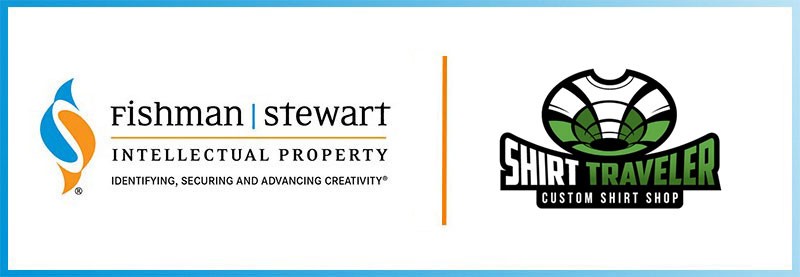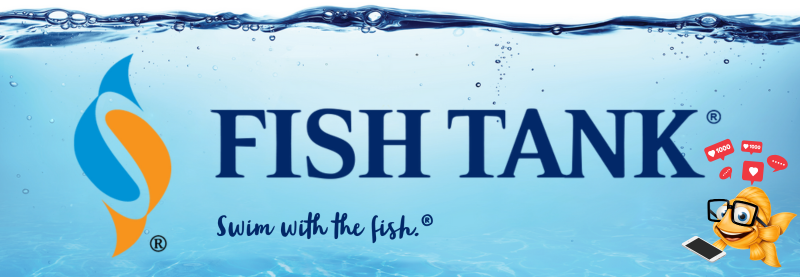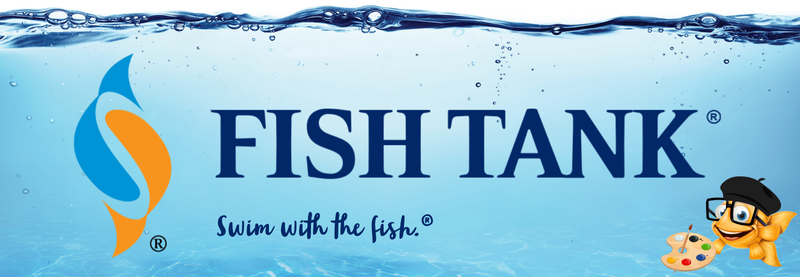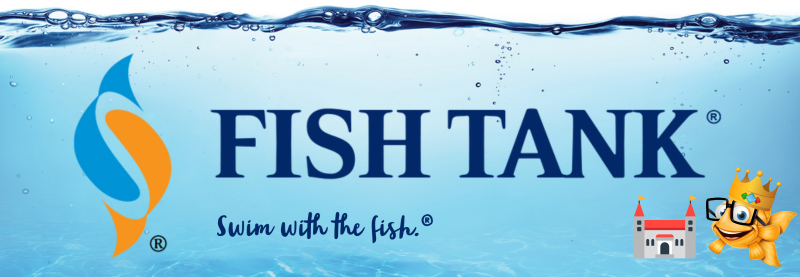Intellectual Property Insights from Fishman Stewart PLLC
Newsletter – Volume 23, Issue 26
Share on Social
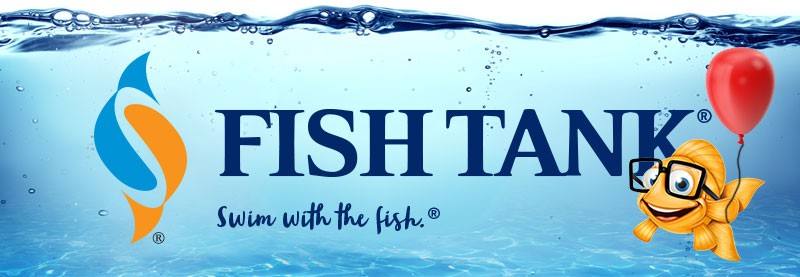
THANKSGIVING AND BALLOONING IP RIGHTS
Thanksgiving: turkey, pumpkin (or sweet potato) pie, family gatherings, and of course, a five-story floating Poppin’ Fresh.
Yesterday, many Americans focused on the fare and family on Turkey Day, true to tradition. Many also watched an invasion of New York by cartoon mascots that came to “life” in gargantuan helium, hovering form. It was the Macy’s Thanksgiving Parade’s giant balloon character lineup.
While I have long associated the measurements of Thanksgiving with pounds, ounces, tablespoons, teaspoons, and how many belt notches to let out, a read through the lineup of these floating friends provides some interesting measurements (click on each character to see the numbers here): building stories, bicycle lengths, and taxi cab widths.
Poppin’ Fresh measured five stories tall and five taxi cabs wide. Grogu, aka “baby Yoda,” had immense specs for a character so small: three stories tall and four bicycles long.
These airborne animations are not just rich in size but also in intellectual property. Take the Doughboy, born in 1965, a/ka/ Poppin’ Fresh, which is protected by at least seven U.S. trademark registrations (e.g., Reg. Nos. 3068336, 2607725, and 1669633) and five U.S. copyright registrations (e.g. Reg. Nos. VAu000311872 and VA0000550358), and the name DOUGHBOY is subject to at least two U.S. trademark registrations (Reg. Nos. 4631146 and 2764538). Hoo hoo, that’s a lot of intellectual property.
Similarly, the most famous baby in the galaxy, Grogu, has its name protected by at least seven U.S. trademark registrations (e.g., Reg. Nos. 7108391, 7081208, and 6944051) and its image protected by copyright registrations for three posters in which the character appears (Reg. Nos. VA0002344190, VA0002349688, and VA0002330022). Grogu is also the subject of 19 style and development guides protected by U.S. Copyright Registrations (e.g., Reg. Nos. VA0002350171, VAu001442474, and VA0002321709).
These registrations—trademark or copyright—protect very different rights.
Trademarks are marks of trade—they “mark” the “trade” of the owner, identifying to consumers the source of the products.
Take the three Poppin’ Fresh trademark registrations linked above. The registrations identify flat bread, frosting, and dry hot roll mixes, respectively. Similarly, the GROGU registrations identify products such as clothing, beverageware, sunglasses, and bags (among other goods).
These registrations do not give Pillsbury and Lucasfilm the right to use the pokable Doughboy or the name GROGU for any and all things. Rather, these marks serve to indicate the source of the particular products and “related” goods and services.
Even though the trademark registrations specify particular goods, if the trademarks have achieved “fame” (recognition transcending their specific industry), that famousness confers rights far beyond the goods listed in the registrations.
That the Doughboy and Grogu floated through the streets of New York yesterday might be a fair indication of fame.
Copyrights are very different, conferring the right to prevent others from copying (and reproducing, distributing, performing, displaying, and making derivatives). Copyrights protect how ideas are expressed, not the ideas themselves.
Trademarks protect brands to identify sources, copyrights protect expression. Sometimes, both protections can apply to a single creation, as with Poppin’ Fresh and other characters that are used as brands.
Both types of protections are valuable to their owners as they seek to drive value in the brands and their expressions. In the case of Grogu, the “force”-wielding critter is both a desirable brand and a character that third parties want to use on their products and services to sell to fans, and will pay royalties to the owner for that right. These licenses usually are accompanied by a “style guide” that dictates and limits how the licensee can use and depict the licensed property. As noted above, Grogu is the featured character for many Lucasfilm Ltd. Inc. style guides that are protected by U.S. copyright registrations.
Whether the Grogu use in behemoth balloon form was specified in the style guides or not, you can bet that a copyright and/or trademark license was behind Grogu’s levitation act through the streets of Manhattan yesterday. In fact, Funko, a toymaker and licensee of Lucasfilm, manufactured the giant floating feature of the tiny Jedi creature.
Alexander JSW Johnson is an attorney at Fishman Stewart with more than 10 years of extensive experience in trademark and intellectual property matters. He works in the firm’s Trademark Practice Group. He holds a B.A. in Art (studio emphasis) and Journalism.
Shirt Traveler’s Journey at the Copyright Small Claims Court

Related Content from Fishman Stewart
In our previous FishTank article “The Great Beige-Off: Influencer Sues for ‘Vibe’ Infringement,” we reported on Sydney Nicole Gifford’s lawsuit against fellow influencer Alyssa Sheil over allegations of copyright infringement involving neutral-toned social media content.
People have long pondered whether or not the Giza pyramids were indeed solely burial chambers, which was the only known, and archaeologically determined, use—until now.
As the story goes, Klein was so taken with the indescribable blue of the sky over the Mediterranean in Nice, France, that he dedicated his artistic talent developing a blue that would imbue the canvas with this color in its purest form.
Despite her pseudo-legal background in Suits, Meghan has been running into one issue after another in her efforts to register the trademark and logo for her new lifestyle company, for now, called “AS EVER”.
By 1930, efforts began in New York to replace Mother's Day with Parent's Day because men were more than just breadwinners. Those efforts didn't catch on, probably because in that era, women often spent more time in the home.
In February, Nike and Skims announced that they will be working together on a new brand, NikeSkims. The co-brand will create a new line of training apparel, footwear, and accessories specifically designed to meet the unique needs of women athletes.
Generally, federal courts have exclusive jurisdiction over copyright cases, and often, this presents an insurmountable paywall for individual artists and small businesses to vindicate their rights, especially where the value of the individual copyrighted works are relatively low.
Dedicated to raising public awareness about the importance of encouraging innovation and creativity throughout the world, the World Intellectual Property Organization (WIPO) annually observes World Intellectual Property Day on April 26 to showcase the role that patents, trademarks, industrial designs, copyrights and trade secrets play in our everyday lives.
Hold onto your foam fingers, sports fans – college sports just got a whole lot more interesting! The latest updates to Name, Image, and Likeness (NIL) rules are making student-athletes bigger than ever, and it’s not just about the game anymore.
Did a federal court in Louisiana recently decide that US copyrights are global rights? It seems so.
IDENTIFYING, SECURING AND ADVANCING CREATIVITY®



